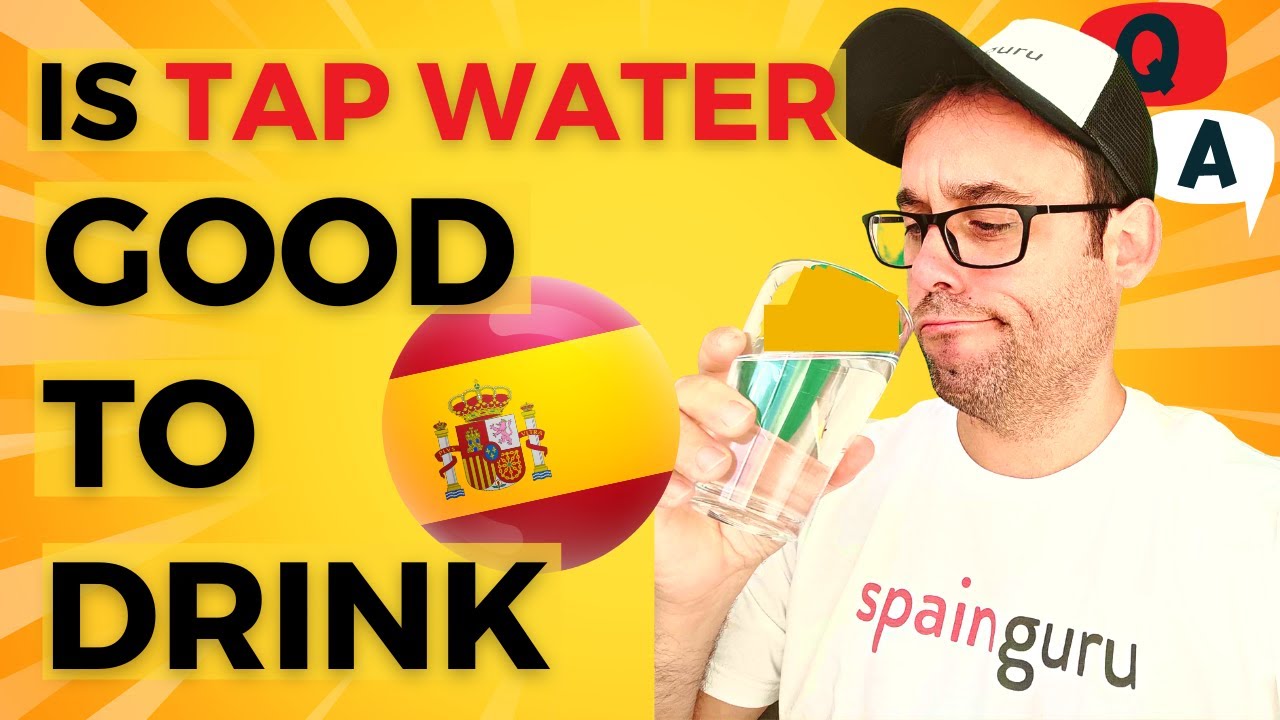Is Tap Water in Seville Safe to Drink?
Seville, the vibrant capital city of Andalusia in Spain, is known for its rich history, stunning architecture, and delicious cuisine. But what about its tap water? Can you drink it without any worries?
The Quality of Tap Water in Seville
Seville has a well-established water infrastructure system, and the tap water undergoes extensive treatment processes to ensure its safety. The water in Seville generally meets the European Union’s standards for drinking water quality and is considered safe for consumption.
Taste and Appearance of Tap Water
The taste and appearance of tap water in Seville can vary depending on various factors, such as the source, treatment, and local plumbing systems. Some people may notice a slight chlorine taste or smell, which is a common occurrence in many tap water supplies. However, this does not necessarily indicate that the water is unsafe to drink.
Can You Trust Tap Water in Seville?
Yes, you can trust the tap water in Seville for most purposes, including drinking, cooking, and brushing your teeth. The local water authorities continuously monitor and test the water to ensure its safety and compliance with quality standards.
The Benefits of Drinking Tap Water
Drinking tap water in Seville has several advantages. Firstly, it is cost-effective compared to buying bottled water. Secondly, it eliminates the plastic waste generated from single-use water bottles, contributing to a healthier environment. Lastly, tap water often contains essential minerals that are beneficial for your health.
Tips for Enhancing the Taste of Tap Water
If you find the taste of tap water in Seville less appealing, there are several simple things you can do to enhance its taste:
- Store tap water in the refrigerator to make it colder and more refreshing.
- Use a filter pitcher or attach a faucet filter to eliminate any impurities and improve the taste.
- Add a slice of lemon, lime, or cucumber to infuse a hint of natural flavor.
Should You Avoid Tap Water in Seville?
While tap water in Seville is generally safe to drink, some people may still prefer to drink bottled water, especially when they are not used to the local water supply or have special health concerns. However, it is important to note that the bottled water sold in Seville often comes from the same municipal water sources as tap water, undergoes similar treatment processes, and is not necessarily of higher quality.
When to Use Bottled Water
If you are visiting Seville for a short period, it may be more convenient to rely on bottled water for your drinking needs. Additionally, if you have a weakened immune system or specific health conditions that require a strict water regimen, consulting with a healthcare professional is advisable.
Frequently Asked Questions about Drinking Tap Water in Seville
Q: Can I use tap water to make ice cubes?
A: Yes, you can use tap water in Seville to make ice cubes. The freezing process helps eliminate any potential contaminants, making the ice cubes safe to consume.
Q: Is tap water in Seville safe for young children?
A: Yes, tap water in Seville is generally safe for young children. However, if you have specific concerns or your child has a sensitive stomach, consulting with a pediatrician is recommended.
Q: Can I drink tap water in Seville after it rains?
A: Tap water in Seville is continuously monitored and treated to maintain its quality. Rainwater does not significantly affect the safety of tap water, so you can continue drinking it as usual.
Q: Are there any health risks associated with drinking tap water in Seville?
A: The tap water in Seville is regularly tested for quality and compliance with health standards. However, individuals with specific health conditions or weakened immune systems should consult with a healthcare professional to determine if additional precautions are necessary.
In conclusion, tap water in Seville is generally safe to drink. It undergoes rigorous treatment processes and meets the necessary quality standards. However, personal preferences and health concerns may lead individuals to choose bottled water instead. When in doubt, consult with a healthcare professional for personalized advice.

